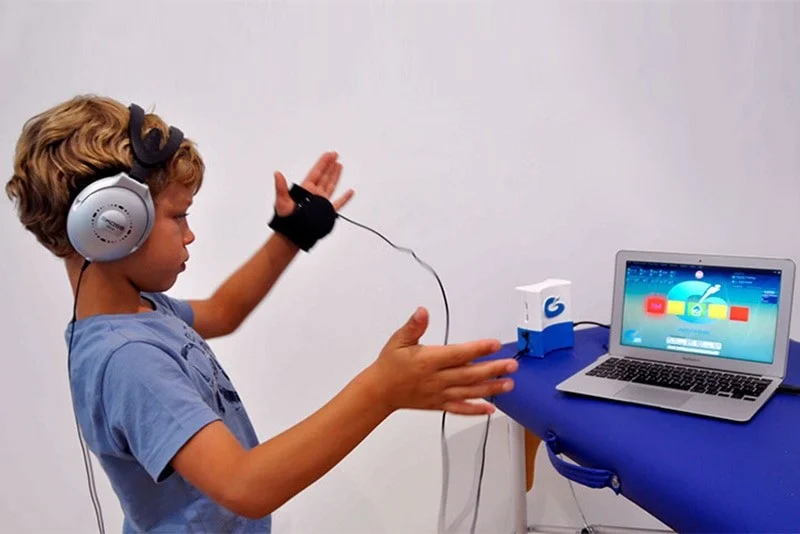We take about 22,000 breaths every day, an automatic process essential for brain and body function. While we rarely think about it, breathing can be controlled to influence different areas of the brain. Learning proper breathing techniques can help manage stress, anxiety, and overall well-being.
How Your Breath Affects You
Imagine feeling anxious before public speaking. As the moment nears, your heart pounds, your hands feel clammy, and anxiety takes over. Your body reacts by entering fight-or-flight mode, where the sympathetic nervous system triggers a stress response. Your brain perceives the event as a threat, causing physical symptoms like rapid breathing and an increased heart rate. However, you can counteract this response simply by adjusting your breath.
Changing your breathing pattern activates the parasympathetic nervous system, also known as rest-and-digest mode. This system signals your cardiovascular and endocrine systems to slow your heart rate, reduce stress hormones, and ease anxiety. With conscious breathing, you can shift your body into a relaxed state.
How to Control Your Breath
Slowing and controlling your breath can improve mental clarity and reduce stress. Many techniques exist, from modern research to ancient yogic practices. One of the most effective methods is the 4-4-8 breathing technique, commonly used in yoga, meditation, and sleep improvement.
Try this simple breathing exercise:
- Close your eyes to minimize distractions.
- Inhale through your nose for four seconds.
- Hold your breath for four seconds.
- Exhale slowly through your mouth for eight seconds, making a soft “whoosh” sound.
Practicing this technique regularly improves breath control, lowers stress, and helps regulate emotions.
Take Control of Your Breath
Now that you understand the power of breathing, use it whenever you feel nervous, stressed, or overwhelmed. Whether before a big presentation, during a difficult situation, or when trying to fall asleep, controlled breathing gives you the ability to reset your mind and body.
While others may claim to be water, fire, or earth benders, you now have the skill to be a breath bender!
Breathing happens automatically, but we can control it to influence different areas of the brain. Learning specific techniques helps you respond to stress, anxiety, and changes in your body.
How Your Breath Affects You
Imagine feeling anxious before public speaking. As the moment nears, your heart races, your hands get clammy, and anxiety takes over. Your body enters fight-or-flight mode, where the sympathetic nervous system reacts to perceived danger. However, you can counter these symptoms just by controlling your breath.
Changing your breathing pattern activates the parasympathetic nervous system, also known as rest-and-digest mode. This response helps slow your heart rate, reduce stress hormones, and ease anxiety symptoms.
How to Control Your Breath
Slowing your breath shifts your internal state. Many techniques exist, from modern research to ancient yogic practices. One effective method is the 4-4-8 breathing technique, commonly used in yoga and sleep improvement.
Try this:
- Close your eyes.
- Inhale through your nose for four seconds.
- Hold your breath for four seconds.
- Slowly exhale through your mouth for eight seconds, making a “whoosh” sound.
Practicing this technique regularly improves breath control and helps regulate stress.
Now that you understand the power of breath, use it whenever you feel nervous, stressed, or need to reset. While others may claim to be water, fire, or earth benders, you have the skill to be a breath bender!







